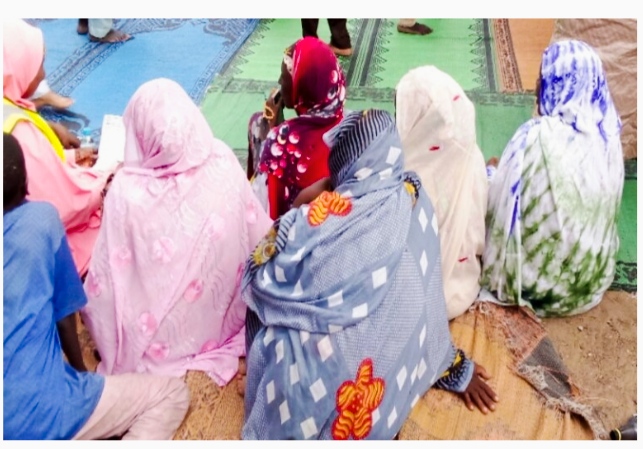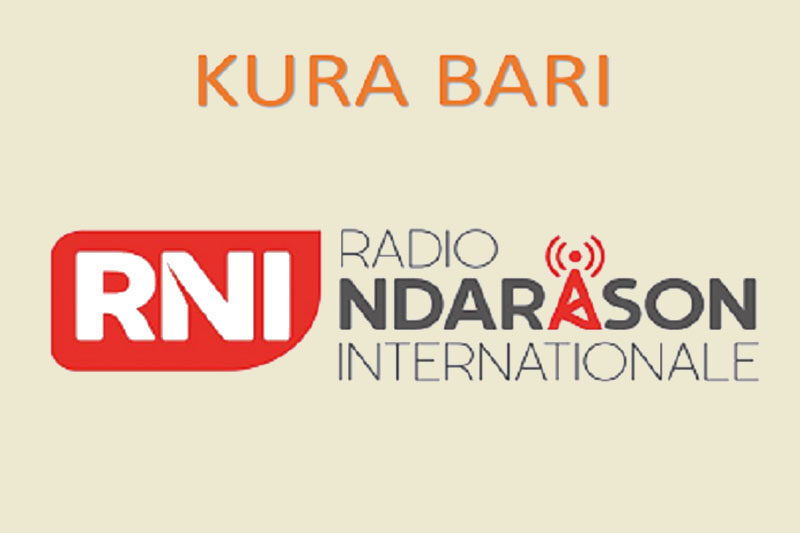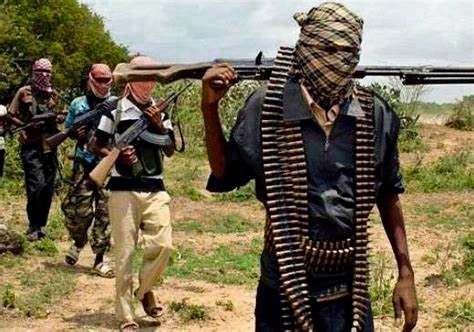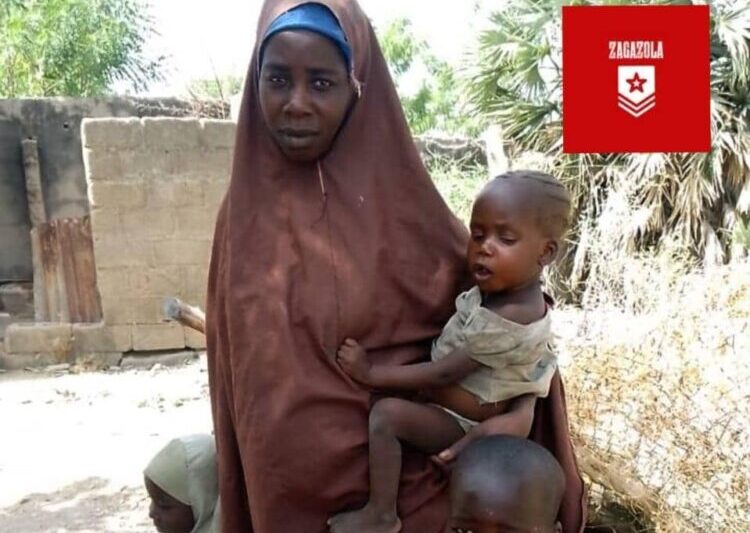At least 14,000 teenage fighters – most of them the children of the more than 80,000 surrendered penitent insurgents – are in urgent need of mental healthcare.
Aged between 14 and 15, the teens have been taught from childhood that violent and extremist behaviour is normal.
Adult insurgents tell them that anyone who is not a member of the Jamā’at Ahl as-Sunnah lid-Da’way Wa’l-Jihād (JAS), better known as Boko Haram, should be killed.
The exact number of repented insurgents who have surrendered is not known. The government claims that it is more than 80,000, including their families. And the military has confirmed that at least 14,000 of them are teenagers.
A former JAS teenage fighter speaks out
A former teenage fighter spoke to RNI’s head of news, Mamman Mahmood.
He said: “I stayed for almost 10 years inside Sambisa Forest before my family surrendered. I was about 15 when I started fighting. Most youths begin taking part in attacks when they are 14 or 15. That is what is expected of them.
“When we surrendered we went through deradicalisation and rehabilitation processes. A number of religious scholars were brought in to teach us how to move forward in life. But they were talking about religion, not about social behaviour. And their teaching of the Islam faith was not what we had been taught.”
The need for mental health support for surrendered teenagers
A journalist, who asked to remain anonymous, told RNI that the deradicalisation of young people who were fighters was crucial because of their violent upbringing.
“All they have ever known is violence. Many of them did not decide to surrender and only did so because their families insisted. In the bush, there are no laws and they find it extremely difficult to adjust to normal society. They don’t know how to live in harmony with others.
“They are driven by the doctrine that anybody who is not one of them deserves to be killed. Their leaders indoctrinate them. The religion they learn is a religion of violence. The teens are taught that extremist behaviour is correct.”
Countering the narratives is the first stage
Abdulhakeem Ngulde, the president of the Association of Resident Doctors at the Federal Neuropsychiatric Hospital in Maiduguri, told RNI that it was imperative that the teens got proper counselling.
“Children are among the most vulnerable groups affected by the 14-year insurgency and counselling is a key aspect to rehabilitating an individual who has been brought up and taught to fight.
“They are not educated and when they get out of the bush, they often have mental health problems, particularly those who were forcefully recruited.
“There are two categories of long-term exposure to conflict.
“The first is the direct effect. The minds of teenagers are still developing. If they are exposed to physical violence, it often affects them psychologically. These teenagers have been exposed to the most terrible things. They have taken part in attacks, mass killings, rapes and the destruction of properties. Even if they do not know it, they are traumatised and that often results in personality disorders and they find it hard to adjust to normal life.
“The second is the indirect effect. Without realising it, most of these teens suffer from post-traumatic stress disorder [PTSD]. This can have a devastating effect on these teens who develop mental disorders that can affect their wellbeing for the rest of their lives if they do not get proper counselling.”
Ngulde said that getting treatment by trained counsellors was not always possible. If they live in far-flung places, they cannot get to the city.
“Parents or guardians of these teenagers should observe their behaviour all the time. If they see their children behaving out of character, they should seek urgent guidance. Signs to look out for are if the child is acting weirdly, oversleeping or not sleeping. These can be red flags and signs that the children might have PTSD.
“Parents or guardians should try to get the teenagers at least some basic education. They do not go to school in the bush. And even when they return to their communities, many of the schools were destroyed during the insurgency are still being rebuilt.
“Extramural classes can be a ‘safe space’ – in some areas local non-governmental organisations offer these classes in internally displaced persons’ camps, in villages and in rehabilitation camps. It is essential for these children to get an education because it helps to focus their minds on something other than what they have experienced.”
Counselling therapy
Dr Umar Goni, of the Counselling Association of Nigeria, said: “These former young fighters with mental health disorders are often released into society without receiving proper counselling.
“Most of these teens need to talk to a counsellor who can identify their problem. They need to be able to tell the counsellor about their experiences. Unfortunately, there is no general treatment or solution because each of these children has had different experiences and has reacted in their own way.
“More often than not the children are given psychosocial support, such as basic needs, general health support, shelter and food. But their mental problems might never be addressed.”
Goni said counselling therapy meant talking one on one with the victim and applying professional counselling techniques based on what the individual had endured.
“In many cases, the teenager does not need drugs. What they require is someone to talk to about the conflict, their encounters and their losses. They might want to talk about the dreadful things they did while they were still fighters. Sometimes by talking about these things they find peace.
“In Maiduguri we used to have a home called Tandari that was a correctional facility where parents could take their children if they misbehaved. There they received what was referred to as behaviour modification therapy, which helped to reverse unacceptable behaviour. In my opinion this old and trusted method should be reintroduced.”
Importance of counselling
“Counselling is the best form of healing because once the problem is identified, it is much easier to help these teenagers to find meaning in their lives again,” Goni said.
AISHA SD JAMAL









